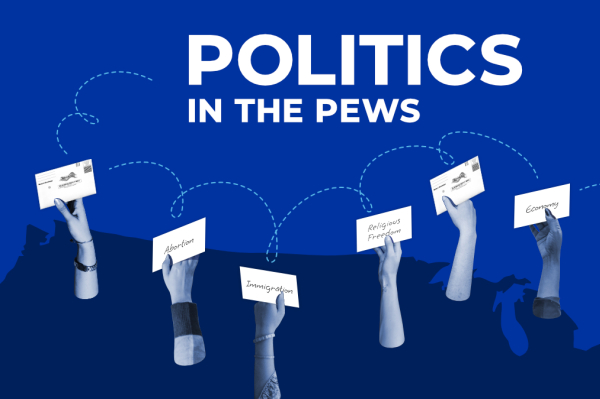Christian College Students Open to Biblical and Theological Training: Barna

While today's students don't see spiritual development as a goal of college, they are still open to some biblical and theological training, a major survey has found.
In partnership with the Association for Biblical Higher Education, the Barna Group asked 1,011 Christian students, 18 and older, about their openness to faith-based or religious learning opportunities. Do Christian students, surveyors asked, prioritize spiritual growth in their decisions about college?
Researchers found that while most practicing Christians and evangelicals view moral and spiritual development as important, they aren't considered the best reasons to pursue a college education. Only 7 percent of self-identified Christians say college is for encouraging spiritual growth, and just 14 percent say it's for developing moral character.
However, among those same groups, there is significant level of interest in biblical or theological training outside of traditional undergraduate or graduate degree programs.
Three in 10 practicing Christians (31 percent) and one-third of evangelicals (33 percent) expressed interest in "continued professional development that focuses on integrating faith and applying it to my career." One in four evangelicals (26 percent) were interested in "single, one-off intensives, refreshers or workshops on a religious topic for personal enrichment," and one in five (20 percent) said the same about "engagement in a religious education hub in my area where I can study theology for personal enrichment."
The study, conducted in 2015, examined "practicing Christians," who say they attend religious services weekly, and "evangelicals," who met nine theological criteria. Researchers collected the data through an online market research vendor, and then minimally weighted it according to established demographic factors in order to get an accurate national snapshot.
Across religious demographics, Americans overwhelmingly see higher education as a path to gainful employment (69 percent) and financial security (55 percent), according to the study. In fact, Christians most fervent about their faith are even more pragmatic and career-focused than non-Christians, Barna discovered.
Researchers called the results "unsettling," given Scripture's warnings about the dangers of seeking to accumulate wealth.
"It would be difficult to overstate the noteworthiness of these findings," the authors said. "While other factors — theological beliefs, church attendance, frequency of Bible reading, perspectives on sexuality and marriage and so on — consistently distinguish evangelicals from the general population, the differences when it comes to the purpose of college are negligible, nonexistent or counterintuitive."
The authors concluded that Christian colleges must pay attention to such findings, arguing that "student recruitment efforts must take into account the college-to-career assumption — not necessarily to share or capitulate to the assumption, but certainly to bear it in mind as a factor that strongly influences prospective students' college choice."





















